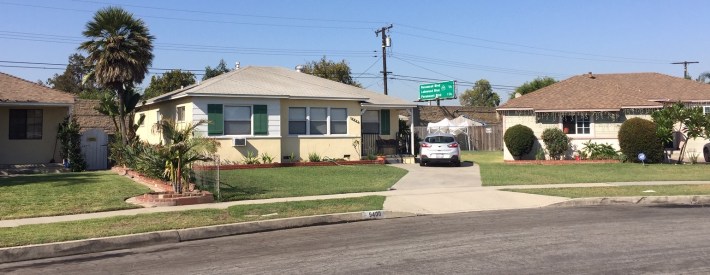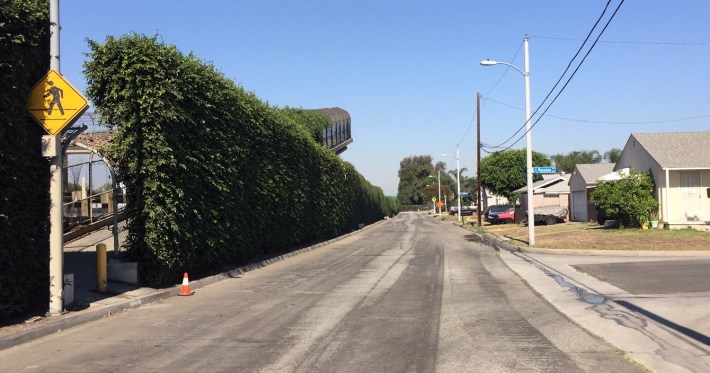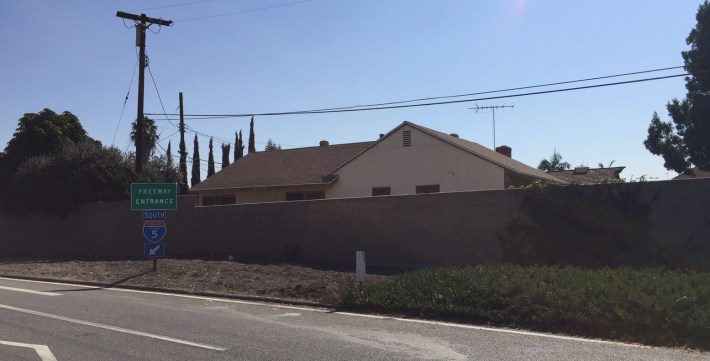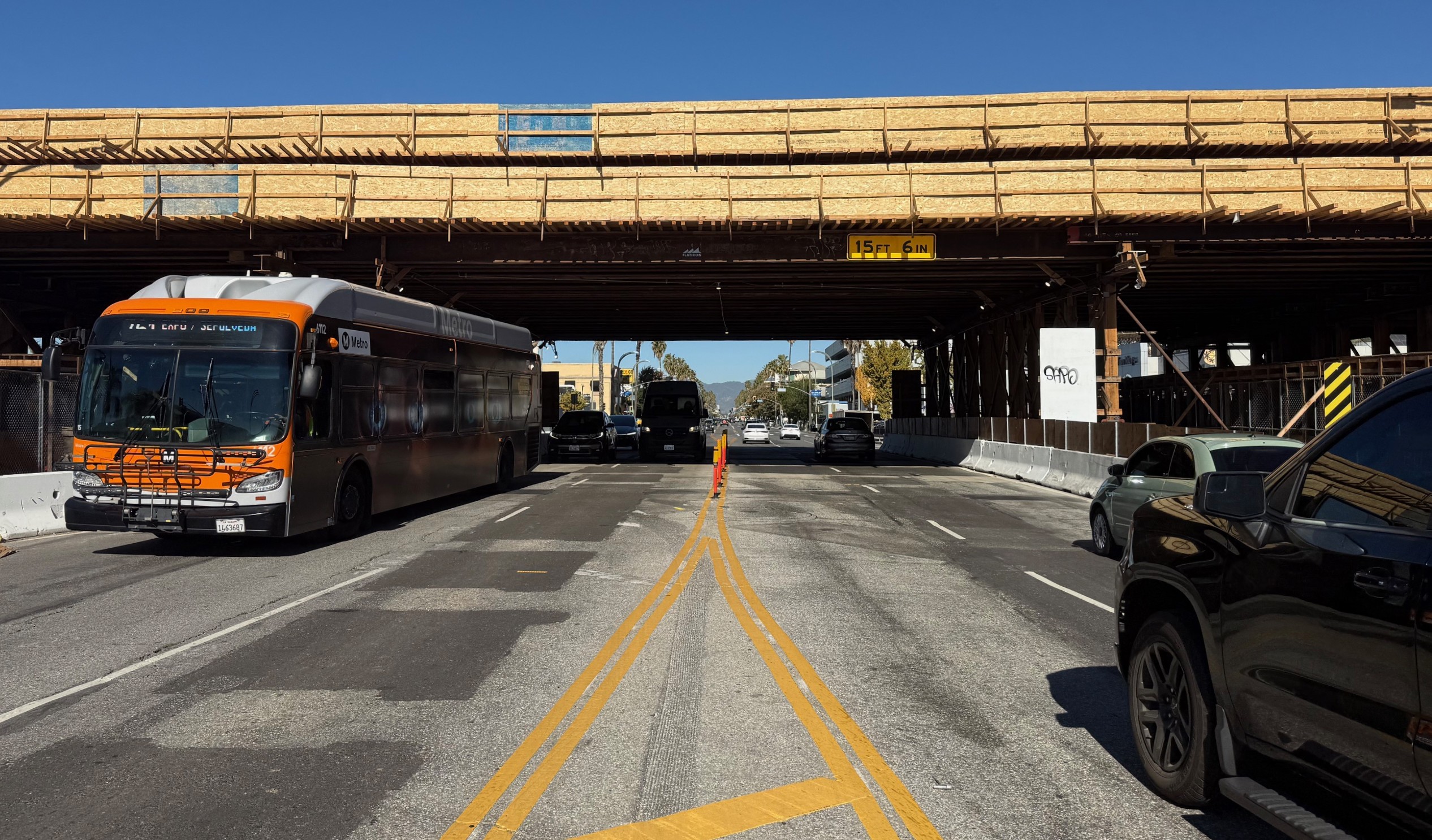Yesterday's elections returned some of the nation's most anti-urban, anti-transit governors to power in races where they were supposed to be vulnerable. Pro-transit candidates were unexpectedly routed in some states, though a few did manage to hang on.
For more background on these races, check out yesterday's election preview. Here's what to expect going forward.

Maryland
The biggest upset by far was in Maryland, where Democratic Lt. Gov. Anthony Brown was defeated by suburban real estate magnate Larry Hogan. Just a few weeks prior, Brown had been leading by double digits.
This stunning reversal has ominous consequences for transit in Maryland. Hogan opposes two major rail projects -- the Purple Line Metro extension in suburban DC and Baltimore's Red Line.
Transit advocates have their work cut out to convince Hogan to save both projects. But David Alpert, writing about the Purple Line in Greater Greater Washington, says the new governor has some incentive to let it proceed:
Now, it's very close to actual construction, and the federal government supports the line. If Hogan kills the project, he'll be turning down likely federal dollars that won't go to other Maryland priorities, and he'll be disappointing many voters in a much more visceral way than under [former Republican Gov. Bob] Ehrlich.
Wisconsin
Governor Scott Walker's reelection by a six-point margin is certain keep the state mired in a 1950s-era, highways-only approach to transportation. Under Walker's watch, Wisconsin has plowed billions of dollars into the country's most pointless highway-building bonanza, while shortchanging transit so much that federal courts recently intervened. Perhaps the best symbol of his "leadership" on transportation is a proposed double-decker highway, a useless boondoggle for any city, let alone slow-growing Milwaukee.
His challenger, Mary Burke, a former executive for Trek Bicycles, likely would have pursued a more balanced approach.

Massachusetts
Republican Charlie Baker prevailed over Democrat Martha Coakley in the Bay State. Attorney General Coakley had pledged strong support for smart growth policies, including transit investment and pedestrian infrastructure. Baker, by comparison, hedged his support for transit with remarks about the necessity of driving for many of the state's residents.
The editors of the Daily Free Press at Boston University expressed concern this morning that Baker is unlikely to champion the transit growth the state needs. "Baker has emphasized keeping up with the current infrastructure rather than trying to tackle the roots of the Commonwealth’s public transportation problems," they wrote.
Colorado
Governor John Hickenlooper narrowly defeated Republican challenger Bob Beauprez in a contest that wasn't conclusively decided until this morning. Hickenlooper's victory bodes well for transit and active transportation in Colorado cities. As mayor of Denver, Hickenlooper launched B-Cycle bike-share and was one of the leading architects of the region's FasTracks transit network expansion.

Illinois
John Greenfield at Streetsblog Chicago writes that Illinois's governor-elect, Republican venture capitalist Bruce Rauner, is a "total mystery on transportation."
Rauner avoided taking positions on transportation issues for the most part and failed to return a candidate survey from the Active Transportation Alliance. However, his stated goal of cutting taxes could mean less funding for transportation infrastructure of all kinds.
Rauner will replace Pat Quinn, whose record on transportation is tainted by a number of road widenings and highway expansion ventures, including the hugely expensive Illiana tollway.
Florida
Governor Rick Scott edged out Democratic convert Charlie Crist in the sunshine state. Scott's reelection might actually be good news for the privately-funded intercity rail system that's shaping up from Miami to Orlando. Crist would not commit to supporting the project. Scott isn't a governor who'll devote public funds to transit or rail, however. When intercity rail was in line for hundreds of millions in federal support, he used specious research from the anti-rail Reason Foundation to spurn the assistance.

Connecticut
Governor Dan Malloy's reelection by the closest of margins likely signals continued progress for transit in Connecticut.
Malloy has committed to the Hartford-New Britain busway and improvements to the New Haven-Hartford-Springfield rail line. His opponent, Republican Tom Foley, said he wanted the state to spend more on road expansion.
Michigan
Rick Snyder edged out Democratic challenger Mark Schauer in Michigan. Snyder has proven himself to be an unusual Republican, presiding over some important reforms at the Michigan Department of Transportation. He also helped broker a deal to bring regional transit to Detroit, replacing inefficient, atomized suburban and urban systems.
On the other hand, Michigan still pursues deeply flawed transportation policies. Almost two years after approval of the Regional Transportation Authority, the poor state of Detroit transit remains a catastrophic drain on its fragile economy and struggling residents. Meanwhile, the region plans to pour $4 billion into two highways.
Schauer ran on a "fix the infrastructure" campaign. His platform focused mostly on repairing Michigan's notoriously potholed roads, but he also mentioned complete streets, transit, and the need to provide alternatives to driving.






